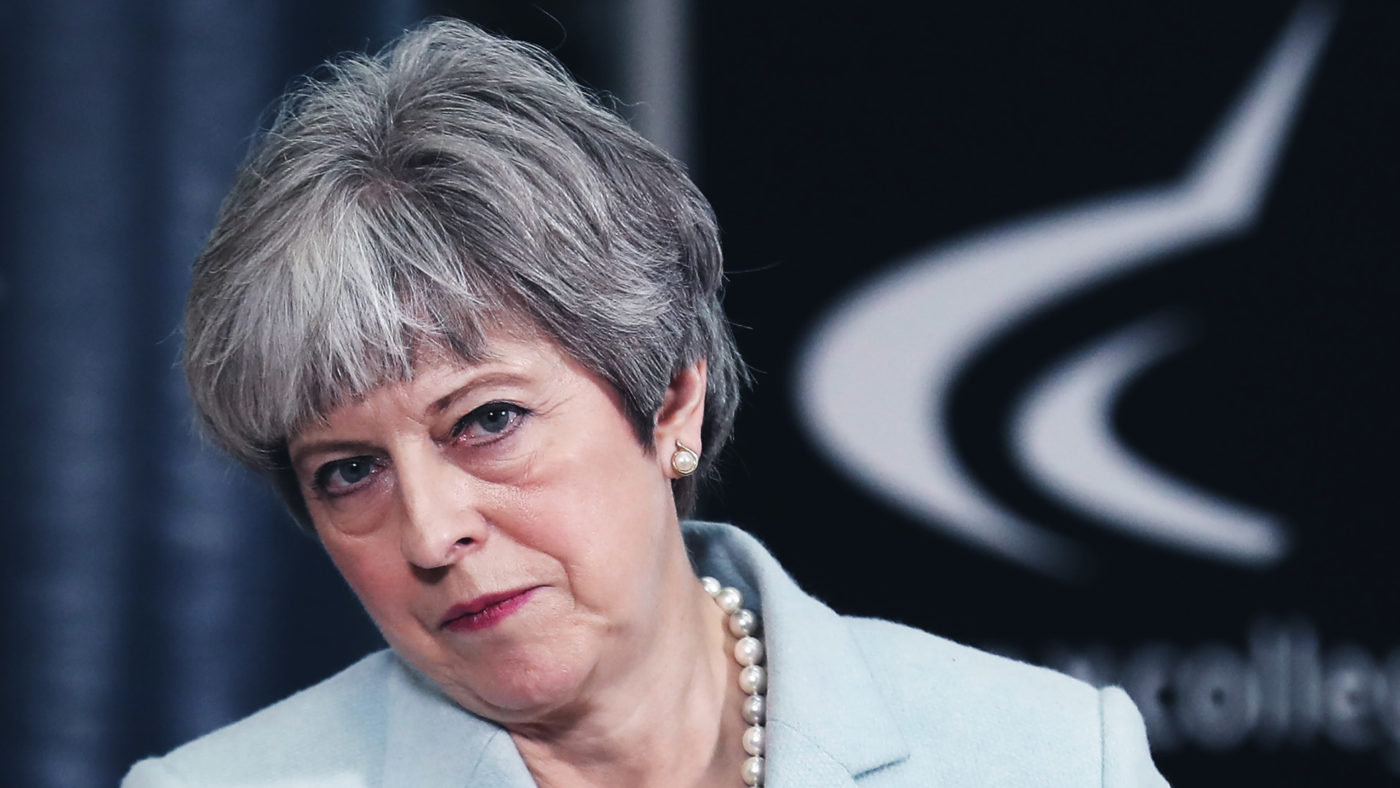It’s obvious to even casual observers of British politics that the Conservative Party is desperately short of ideas. So much so that for several years now, they have mostly been implementing policies put forward by the opposition.
The energy price cap, the living wage and even the exemption from stamp duty for first time buyers are just some of the policies nicked from Ed Miliband. The expansion of council housing and the proposed “use it or lose it” approach to planning permission (actually more of a ZANU-PF policy, according to Boris Johnson) are further examples of the government ceding ground to the opposition because they don’t have any ideas of their own.
All things considered, perhaps we should be grateful that, if reports are to be believed, at the March mini-budget, the Chancellor isn’t going to announce any policies whatsoever.
Brexit fudging aside, the opposition has a clear policy agenda and ideas. But contrary to what many seem to believe, nationalisation, rent controls, sectoral collective bargaining and maximum pay ratios are not new and exciting ideas: they’re just ones that sensible politicians haven’t advocated for decades because the most cursory glance at the evidence shows they don’t work.
For all their infuriating limitations, for the most part, Conservative politicians understand that these are indeed dreadful ideas. But they also recognise their superficial appeal to voters’ hunger for a tangible policy response to their problems. The result is tepid acceptance of the Left’s narrative and watered-down versions of bad policies.
By refusing to robustly defend the track record of the market economy and instead joining in on fashionable, entirely wrongheaded bashing of “broken markets” the government (most of all the prime minister) is continually dancing to the Left’s tune. These markets may not be working, but this isn’t because of market features.
Instead of continually accepting the Left’s diagnosis and offering halfway-house policies that don’t actually do anything to address underlying causes, more basic thinking is required.
Energy is widely regarded as a dysfunctional market. But why doesn’t this market work while others, for example retail, do?
Is it because the shareholders and executives of utility companies are much more greedy and incompetent than the shareholders and executives of major retailers?
Or is it because, unlike in the energy sector, the government does not decide which shops are built where, what they sell and at what price?
For the less-careerist, more policy-orientated MPs however, a potential pitfall is not just that they advocate variations of Leftist policies, but that they try too hard to find new ideas and wheezes whilst ignoring old ones which we know would actually work.
For starters, they should revisit policies floated between 2010 and 2015 that then failed to make it through the inevitable political wrangling of coalition government.
Increasing the motorway speed limit to 80mph is as easy a win as you’re going to get. It was first mooted by then Transport Secretary Phillip Hammond, but abandoned over fears that it would alienate women, despite 53 per cent actually being in favour of the policy, along with 73 per cent of men.
Liz Truss’s plans to relax high staffing ratios, which would have brought down the exorbitant cost of childcare but were blocked by Nick Clegg on entirely spurious grounds, should also be revisited.
The reality is that for most of the major challenges the country faces, there are obvious solutions. Huge amounts of time and effort have been spent trying to explain the UK’s “productivity puzzle” but even if there are yet-to-be-fully-understood factors at play there are masses of things the government could do that would significantly increase productivity.
The tax system that punishes investment by taxing profits and not allowing businesses to write off investment in machinery and property from their tax bills. Stamp duty that gums up the housing market, preventing people from moving to take up better-paid jobs. The dreadful planning system that has driven up the cost of housing to obscene levels. The 67 per cent effective marginal tax rate on some high earners. The ongoing Heathrow third runway farce.
These are all problems with obvious solutions. No “blue-sky thinking” is required.
Instead of borrowing billions to “invest”, and in the process accepting the argument that the Left has been making for the last seven years, how about making it pay more after tax for businesses to invest by reducing the current high tax cost of capital?
This is not to say there aren’t any good new ideas out there, but the big challenges simply don’t require bold new thinking.
The government has put almost everything important in the “too politically difficult” pile. But if you’re not going to do anything about the big issues what is the point of being in office?


